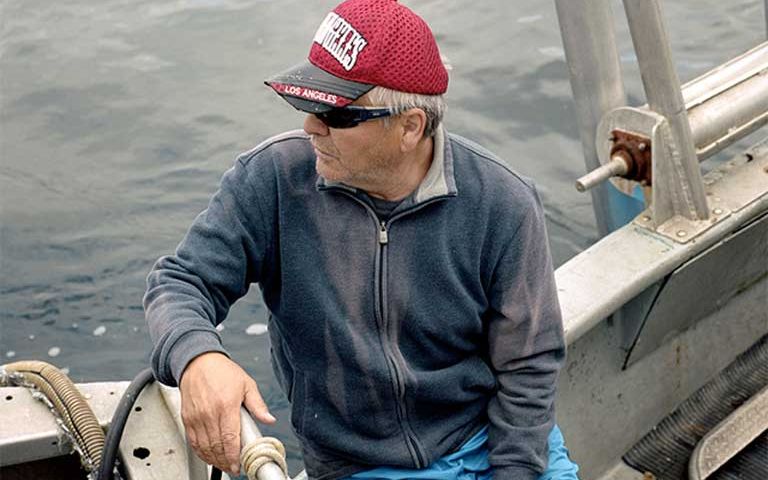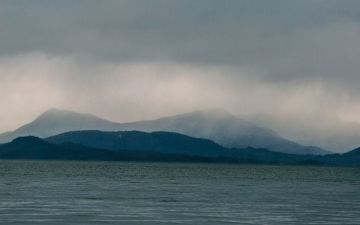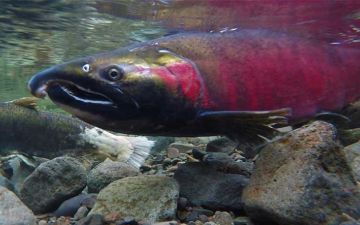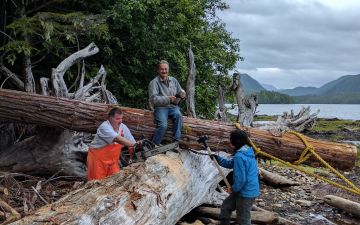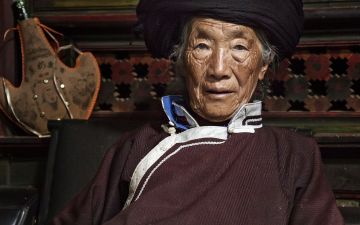As Americans debate the Dakota Access and Keystone XL pipeline, the British Columbia Liberal Party has staked its future on an oil project that dwarfs both: an enormous expansion of oil and natural gas along Canada's West Coast, part of an ambitious plan to realign the world oil market, nourishing Asia's oilthirsty cities with liquid natural gas fracked in the Canadian interior. The anchor of the plan: a $36 billion liquified natural gas facility (that's seven times the worth of the much hyped Dakota Access pipeline), to be built by Petronas on Lelu Island in the remote BC north.
But that island, like much of Western Canada, was not clearly the Canadian government's to give. Like much of Canada's resourcerich West Coast, it's claimed by an indigenous people—in this case, the Lax Kwaalams. When Petronas tried to buy out their claim in cash, they unanimously refused, setting the stage for a clash that would tear the community apart and bring down its traditional leadership.
As Canada moves forward in developing the West Coast, grantees Saul Elbein and Jim McAuley use the fight over Lelu Island to introduce the story of the Western Canada's land rights quagmire, presenting one of the world's biggest unreported land conflicts. In doing so, they present readers with an alternate frame of how to think of the global conflict between grassroots communities—those called “land defenders” or “water protectors”—and transnational corporations. In this context, it is a conflict not over values but over how to use land.
